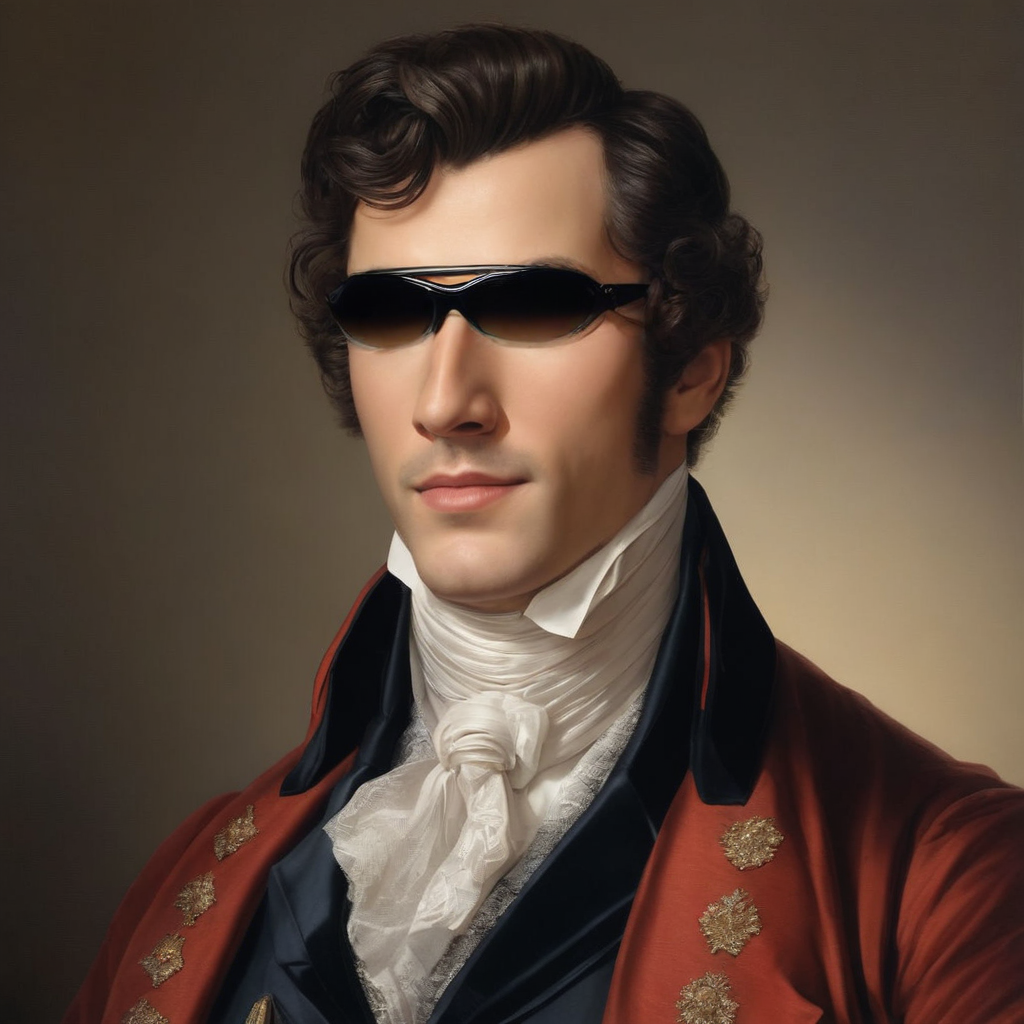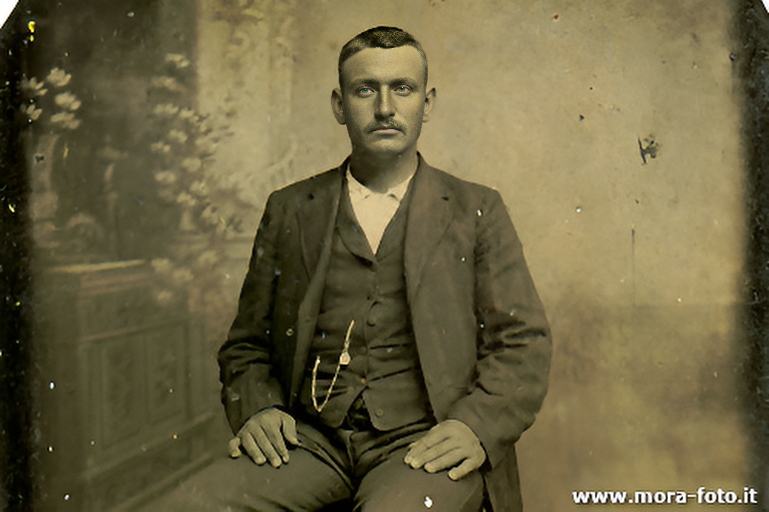API
If you're looking for an API, you can choose from your desired programming language.
1
2
3
4
5
6
7
8
9
10
11
12
13
14
15
16
17
18
19
20
21
22
23
24
25
26
27
28
29
30
31
32
33
34
35
36
import requests
import base64
# Use this function to convert an image file from the filesystem to base64
def image_file_to_base64(image_path):
with open(image_path, 'rb') as f:
image_data = f.read()
return base64.b64encode(image_data).decode('utf-8')
# Use this function to fetch an image from a URL and convert it to base64
def image_url_to_base64(image_url):
response = requests.get(image_url)
image_data = response.content
return base64.b64encode(image_data).decode('utf-8')
api_key = "YOUR_API_KEY"
url = "https://api.segmind.com/v1/sd1.5-edgeofrealism"
# Request payload
data = {
"prompt": "RAW commercial photo the pretty instagram fashion model, ((smiling)), in the red sweater, yellow cap posing in new york city, in the style of colorful geometrics, guy aroch, helene knoop, glowing pastels, bold lines, bright colors, sun-soaked colours, Fujifilm X-T4, Sony",
"negative_prompt": "airbrushed,3d, render, painting, anime, manga, illustration, (deformed, distorted, disfigured:1.3), poorly drawn, bad anatomy, wrong anatomy, extra limb, missing limb, floating limbs, (mutated hands and fingers:1.4), disconnected limbs, mutation, mutated, ugly, disgusting, blurry, amputation,bige yes, teeth,nose piercing,(((extra arms)))cartoon,young,child, nsfw ",
"scheduler": "dpmpp_sde_ancestral",
"num_inference_steps": 25,
"guidance_scale": 9,
"samples": 1,
"seed": 104521676572,
"img_width": 512,
"img_height": 768,
"base64": False
}
headers = {'x-api-key': api_key}
response = requests.post(url, json=data, headers=headers)
print(response.content) # The response is the generated imageAttributes
Prompt to render
Prompts to exclude, eg. 'bad anatomy, bad hands, missing fingers'
Type of scheduler.
Allowed values:
Number of denoising steps.
min : 20,
max : 100
Scale for classifier-free guidance
min : 0.1,
max : 25
Number of samples to generate.
min : 1,
max : 4
Seed for image generation.
Width of the image.
Allowed values:
Height of the Image
Allowed values:
Base64 encoding of the output image.
To keep track of your credit usage, you can inspect the response headers of each API call. The x-remaining-credits property will indicate the number of remaining credits in your account. Ensure you monitor this value to avoid any disruptions in your API usage.
Edge of Realism
Edge of Realism is a cutting-edge model designed to produce high-quality, photorealistic images. This model is built on the Stable Diffusion 1.5 framework and is designed to push the boundaries of what's possible in image generation. It's called "Edge of Realism" for a reason - the images it produces are so lifelike and vivid, they teeter on the edge of reality. While it excels in creating vibrant, photorealistic images, it's particularly adept at processing other images in img2img format.
The Realistic Vision model operates on a stable diffusion framework and uses SD 1.5 as it's base model. Suggested schedulers are Euler A and DPM++ SDE Karras. It works best when you combine it with an upscaler like ESRGAN.
It's capable of generating images that are not just realistic, but also uncanny in their level of detail. The model's strength lies in its ability to produce vivid colors while still maintaining a photorealistic output. However, it's not just about the quality of the images - it's also about the diversity. The model can struggle with generating non-portrait/closeups in txt2img, but it shines when it comes to creating a wide variety of different images, making it a versatile tool for any creative project.
Edge of Realism use cases
-
Digital Art Creation: With its ability to create realistic portraits, it's an excellent tool for digital artists looking to bring their visions to life.
-
Video Game and Animation Character Generation: The model's capacity for generating diverse characters makes it perfect for creating unique, lifelike characters for video games or animations.
-
Social Media and Virtual Reality Avatars: Use the model to produce unique avatars for your social media profiles or virtual reality platforms.
-
Fictional Character Design: If you're a writer or graphic novelist, you can use the model to design and visualize your characters.
-
Fashion Design Visualization: For fashion designers, the model provides a tool to visualize different styles and outfits on various models, helping to bring your designs to life before they're even made.
Edge of Realism license
The license for the Edge of Realism model, known as the "CreativeML Open RAIL-M" license, is designed to promote both open and responsible use of the model. You may add your own copyright statement to your modifications and provide additional or different license terms for your modifications. You are accountable for the output you generate using the model, and no use of the output can contravene any provision as stated in the license.
Other Popular Models
faceswap-v2
Take a picture/gif and replace the face in it with a face of your choice. You only need one image of the desired face. No dataset, no training

instantid
InstantID aims to generate customized images with various poses or styles from only a single reference ID image while ensuring high fidelity

sdxl-inpaint
This model is capable of generating photo-realistic images given any text input, with the extra capability of inpainting the pictures by using a mask

codeformer
CodeFormer is a robust face restoration algorithm for old photos or AI-generated faces.
